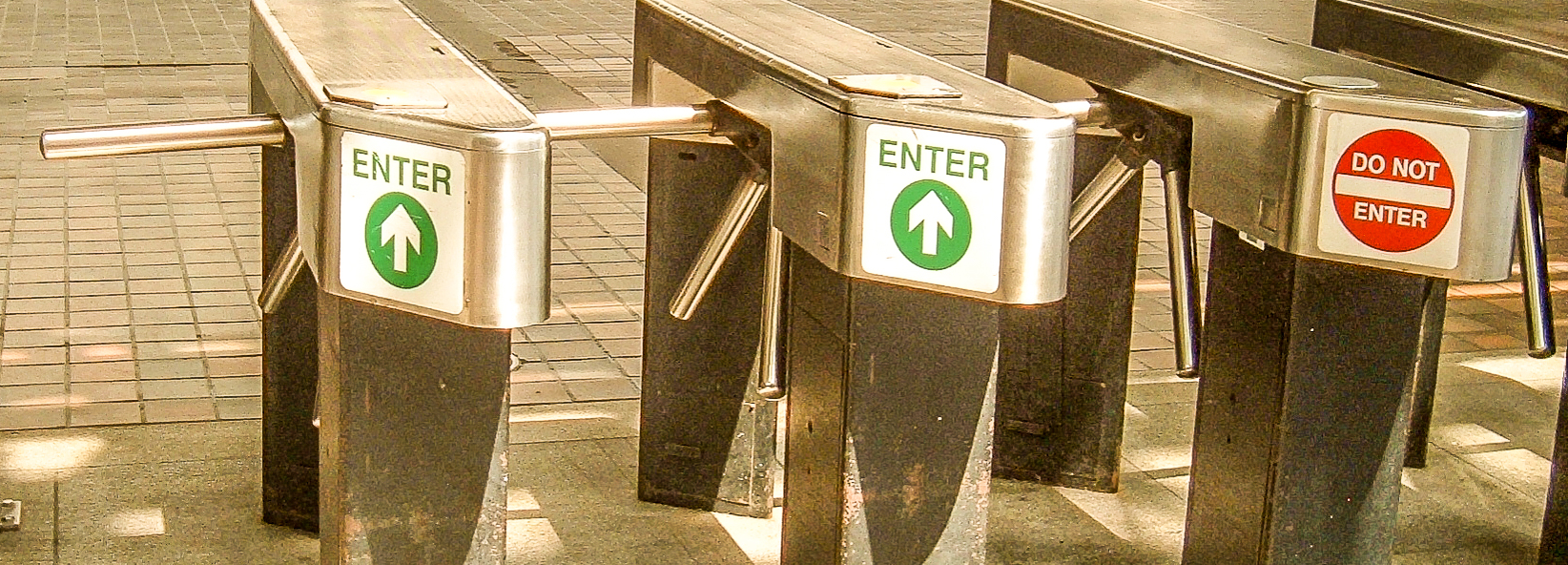Transit, Tokens, and Teaching
 Whenever I create an assignment for my students, I do the assignment myself, and then tweak it if necessary before giving it to them. For my developmental (read: remedial) writing class, I created an assignment in which they had to tell about a small event (i.e. no deaths, major accidents or illnesses) that changed their approach/attitude to life. What they were practicing was using concrete detail, so they had to only tell the story and include no editorializing whatsoever – yet get across through the details exactly why/how the event changed them. I did something that I usually don’t do, which is share my own version of the assignment. They were moved enough by the piece and the fact that I had actually done the assignment, too, that we had the most special class period I think I’ve ever shared with students. That lovely energy has stayed with me, so I decided that it might be nice to share the piece that I wrote here. It was written in a terrible rush, and certainly is not the best sample of my writing, so I briefly thought about editing it. But since this is what they got, it is what I shall give to you:
Whenever I create an assignment for my students, I do the assignment myself, and then tweak it if necessary before giving it to them. For my developmental (read: remedial) writing class, I created an assignment in which they had to tell about a small event (i.e. no deaths, major accidents or illnesses) that changed their approach/attitude to life. What they were practicing was using concrete detail, so they had to only tell the story and include no editorializing whatsoever – yet get across through the details exactly why/how the event changed them. I did something that I usually don’t do, which is share my own version of the assignment. They were moved enough by the piece and the fact that I had actually done the assignment, too, that we had the most special class period I think I’ve ever shared with students. That lovely energy has stayed with me, so I decided that it might be nice to share the piece that I wrote here. It was written in a terrible rush, and certainly is not the best sample of my writing, so I briefly thought about editing it. But since this is what they got, it is what I shall give to you:
No Token
I was a freshman attending a university in New York City, and I was broke. I wouldn’t get paid until the next day, and I was at my wit’s end because my paycheck would barely allow me to pay the rent. I had enough food to last another few days, but I had no subway tokens. It was 11:00p.m. and I was finally finished with a long day of studio classes and work, both of which took place in the same building on 42nd Street. The only thing that stood between me and my apartment on 15th Street was the lack of a subway token.
I could have walked, but it was the end of my busiest day, Thursday, and I was exhausted. Besides, I was a recent arrival in New York, and didn’t realize that the distance was even remotely walkable – the two areas seemed worlds apart to me. And this was 1989, long before the crack vials were cleaned up, and Times Square was disney-fied for middle American tourists. For a moment, I contemplated begging for the price of a token like I always saw the homeless doing, but in spite of my neediness, I didn’t look needy, and thought it wouldn’t be a successful endeavor. In retrospect, I’m not sure I would have been able to do it, anyway. I finally resolved to jump the turnstile; I didn’t feel good about stealing a ride, but it felt like the only choice I had.
It took me a while to get up the nerve to do it, but when I finally did, I felt a strange mixture of pride (for the smoothness with which I managed to do it) and embarrassment (for having to do it). No sooner had I started walking towards my train than a transit police officer pulled me aside and wrote me a ticket for $50. I had finally reached the end of my rope, and started to cry and blather about why they punish people who have no money by charging them money. I was frustrated, embarrassed, and angry, but the officer ignored me until he handed over the ticket and walked away.
On the train, I was barely able to contain the tears that now wanted to overwhelm me. I put my hands over my face and my head in my lap to avoid eye contact with anyone in that emotional state. I remained this way for all four stops, my $50 subway ride. When I emerged from the Union Square subway station, a man approached me and asked me if I was okay. I must have been quite distressed because when I finished the abbreviated version of my little story, the man took out his wallet and handed me a $50 bill. In amazement, I asked for his address so I could pay him back. He said to remember him when I next had an opportunity to be generous, and walked away.
 Tracey Mershon
Tracey Mershon
Gorgeous, T. I even prefer the unedited texts; keep’m coming! 🙂